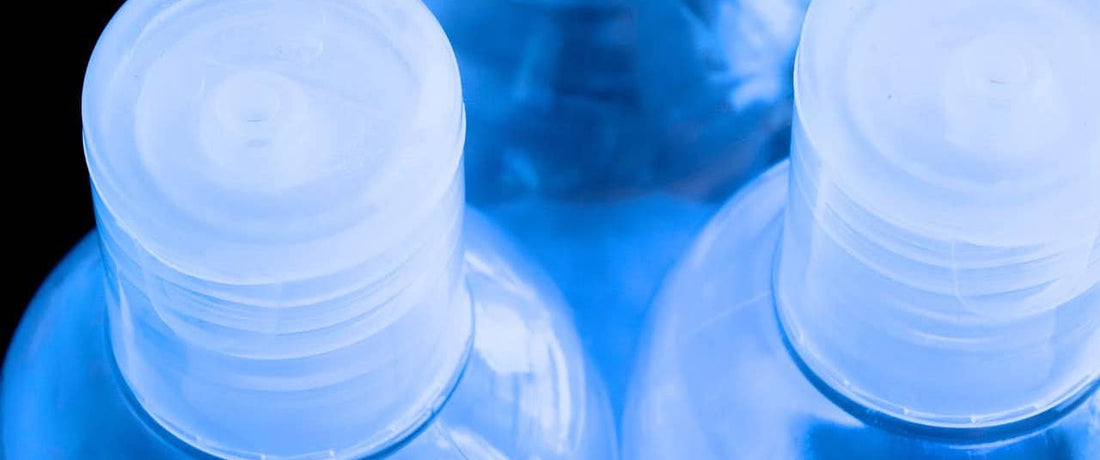There are a lot of myths related to bottled water vs tap water. Here are the top 3 myths debunked:
1. Bottled water is better than tap water

Thanks to decades of myth-building, the common belief is that bottled water is better than tap water.
This is not true.
In North America and Western Europe, about 99% of public tap water is potable (drinkable according to EPA and WHO guidelines). The only drawback in some places is poor taste and smell, mainly due to hardness, minerals, and a higher concentration of chlorine (used for disinfection purposes). There is no scientific proof that bottled water is healthier than tap water.
2. Bottled water is safer than tap water
False.
Tap water is strictly regulated. In New York, for example, the Department of Environmental Protection performs more than 900 tests daily, from up to 1,200 sampling locations throughout the City. This work is in addition to 230,000 tests performed in the watershed. There is once again no scientific evidence that bottled water is safer.
3. Bottled water is fine as long as bottles are recycled
False.
The issue is not just the plastic waste but the entire value chain of water bottles. From production to distribution, the process of generating plastic bottles for water is unsustainable. 3 liters of water are needed on average to produce one liter of bottled water when including the production of plastic, transportation, filtering, and filling up the bottles.
Summary: Bottled water is not healthier or safer. In addition to this, the value chain of plastic water bottles has a big environmental footprint.
Why filter tap water?
Despite tap water being safe in the USA, Canada, and Western Europe, old building infrastructure (lead and other contaminants in the pipes) might be an issue in some areas, mainly for young children. Tap water often has a foul taste in, due to the chlorine added for disinfection. A recent study by ORB Media, also found that both tap and bottled water contained microplastics.
EcoPro is a water filter for the home, which filters out lead, chlorine, microplastics, and 100 other contaminants while letting healthy minerals through.
Conclusion - bottled vs tap water
There you go. Hopefully, this article has helped debunk the myths of bottled water vs tap water and convinced you to drink tap water or filtered tap water.
Here's more about why filtered water is healthier than bottled and tap water.





